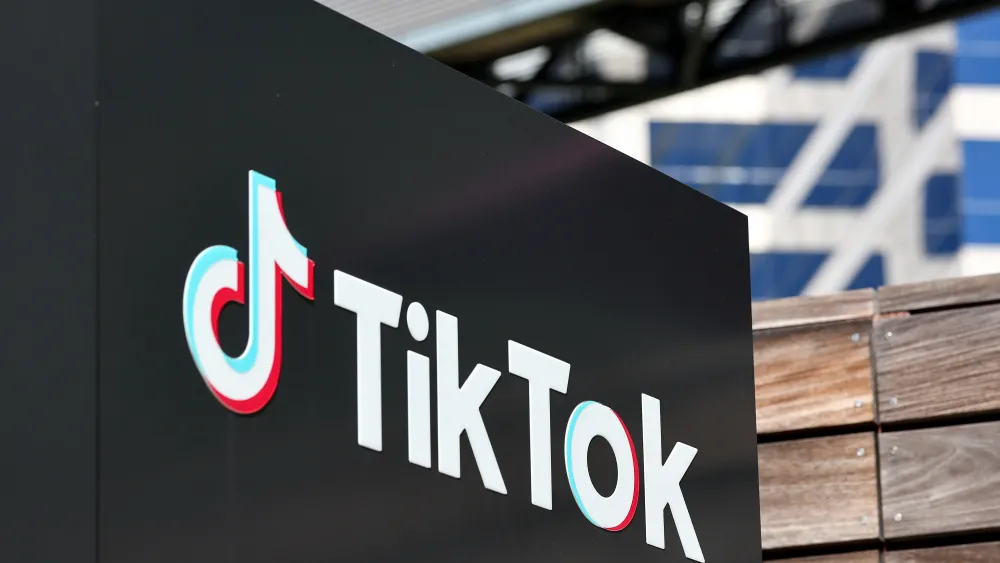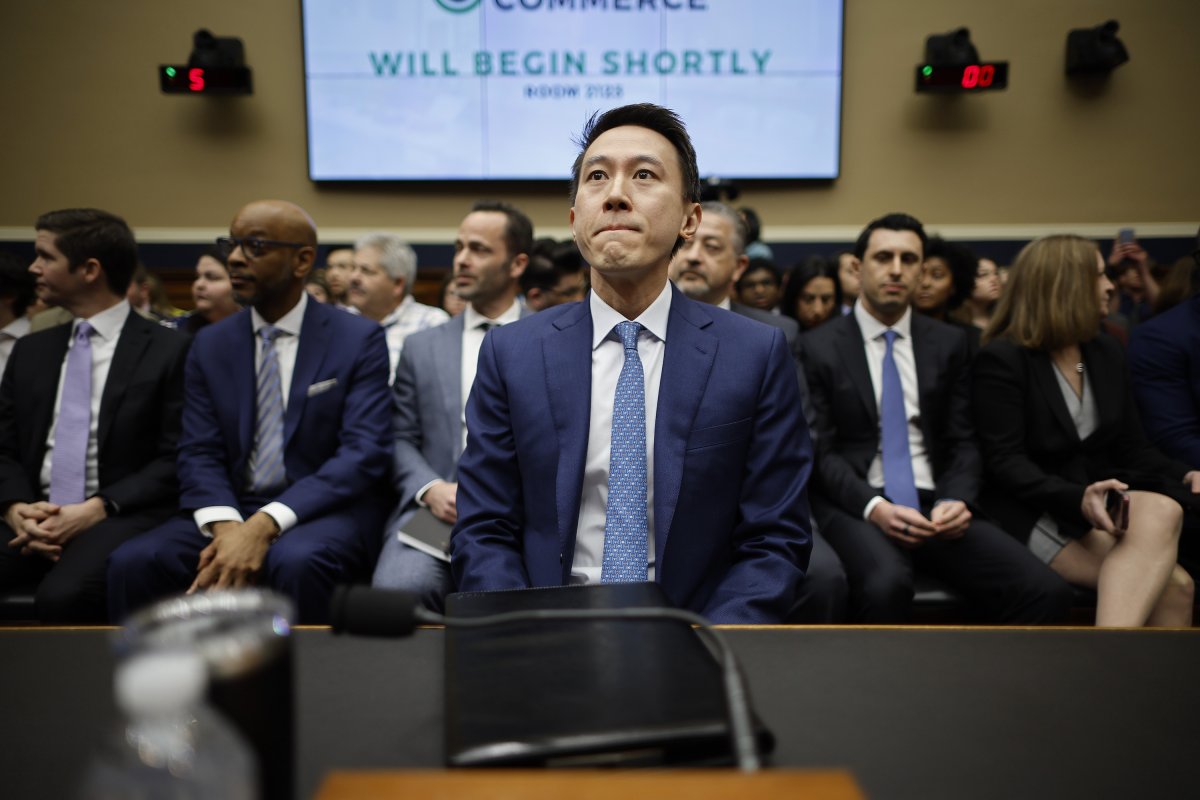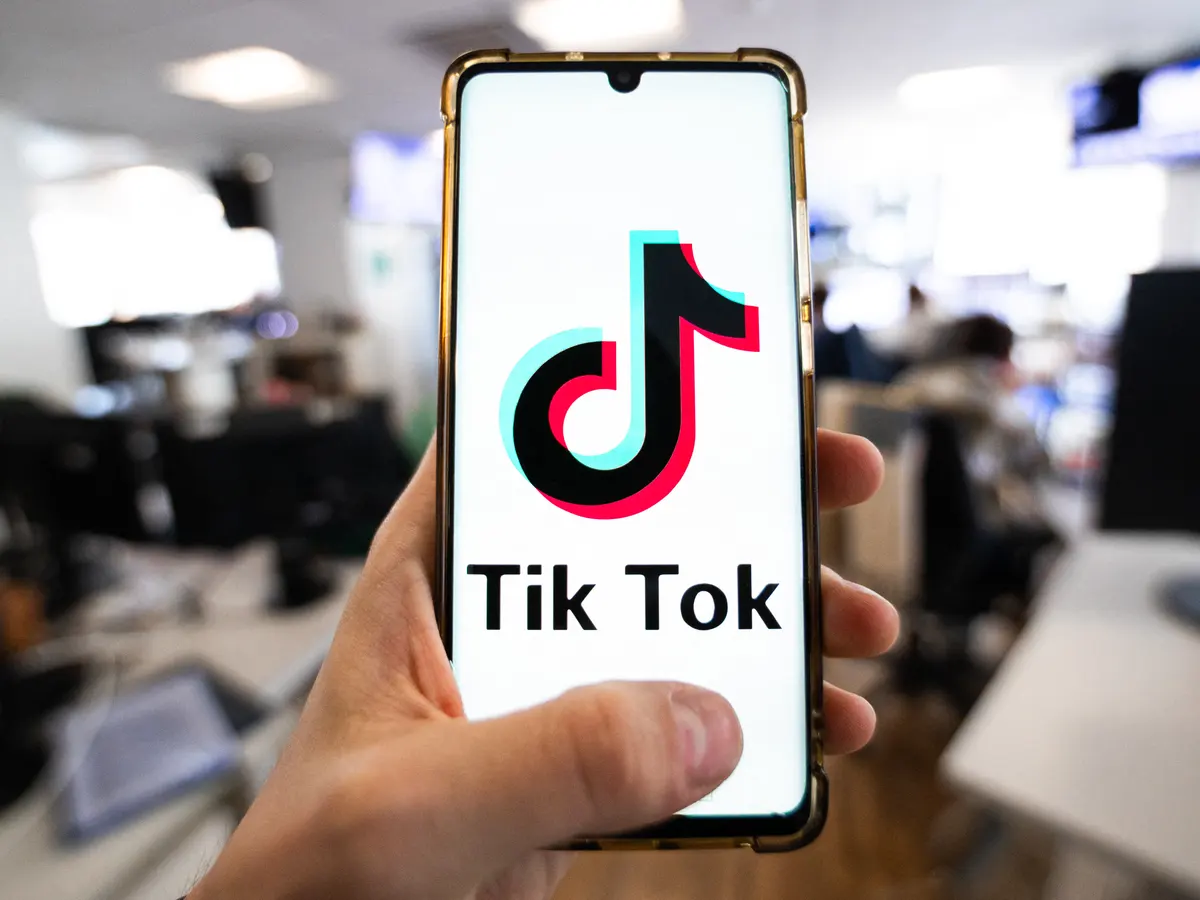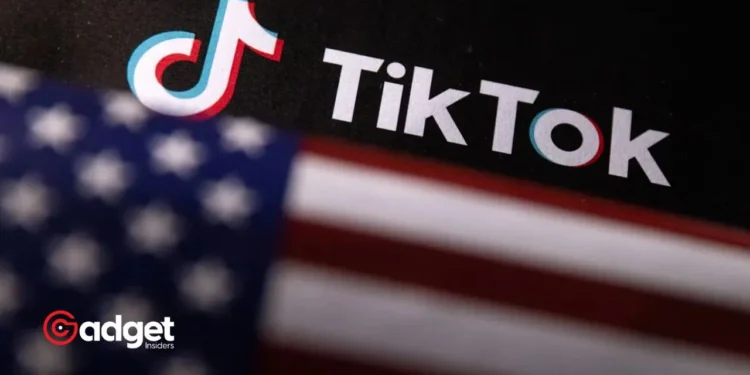In a significant legislative move, the US House has advanced a bill that mandates TikTok’s Chinese parent company, ByteDance Ltd., to divest its stake, placing the popular app’s future in the US on shaky ground. This bill, tied to essential aid for Ukraine and Israel, is expected to pass swiftly through the Senate and receive President Joe Biden’s signature soon, marking a decisive step in the ongoing scrutiny of the app’s data privacy issues.

Bipartisan Concerns Propel the Bill
Despite TikTok CEO Shou Zi Chew’s extensive lobbying efforts, a bipartisan majority in the House, concerned about data privacy and national security implications, passed the legislation with a substantial vote of 360 to 58.
The bill not only targets TikTok but also imposes new restrictions on data brokers and includes provisions for using frozen Russian assets to aid Ukraine. This broad scope underscores the significant geopolitical stakes intertwined with the app’s operational challenges in the US.
TikTok says US House bill that could ban app would ‘trample’ free speech https://t.co/x6GHZaigIz
— Rappler (@rapplerdotcom) April 22, 2024
The Core of the TikTok Debate
The debate centers around the vast amount of data TikTok collects from its 170 million American users and the potential for this data to be misused by the Chinese government for propaganda purposes.
Representative Michael McCaul, a Texas Republican, and the bill’s author, starkly described TikTok as a “spy balloon in Americans’ phones,” emphasizing the perceived threats posed by the app to American privacy and security.

Opposition and Legal Challenges
While the bill enjoys widespread support, notable opponents like Senator Rand Paul argue that it infringes on free speech and could negatively impact American businesses and the economy.
TikTok, defending its position, highlights the potential economic repercussions, stating the bill could “devastate 7 million businesses and shutter a platform that contributes $24 billion to the U.S. economy, annually.”
ByteDance is prepared to exhaust all legal avenues to challenge the ban if it becomes law, reflecting the high stakes for the company’s operations in the US.
Implications of the Legislation
If enacted, the legislation would give ByteDance nearly a year to divest from TikTok, with a possible 90-day extension by presidential waiver. This timeline is particularly crucial as it extends beyond the upcoming election, addressing concerns that China could use the app to influence US politics.

Cultural Impact and Economic Considerations
TikTok’s rise to prominence was catalyzed by the global pandemic, offering a platform for sharing entertaining, short videos that deviated from the polished content typical of apps like Instagram.
Its unique, interest-based algorithmic feed has since been emulated by major competitors such as Meta and YouTube, underscoring its significant influence on social media trends.
TikTok argues that the legislation infringes on First Amendment rights and underscores its investment of over $1.5 billion in data privacy to mitigate security concerns.
The platform has actively mobilized creators, small business owners, and users to advocate against the bill, highlighting the potential economic and cultural fallout of a ban or forced divestiture.
A Pivotal Moment for Digital Policy
As the Senate gears up to vote on this critical piece of legislation, the future of TikTok in the US hangs in the balance. This moment is pivotal not only for TikTok but for the broader landscape of digital policy, privacy rights, and international business operations.
The outcome will likely set precedents for how foreign-owned apps are treated on American soil, reshaping the intersection of technology, privacy, and geopolitics in the digital age.









